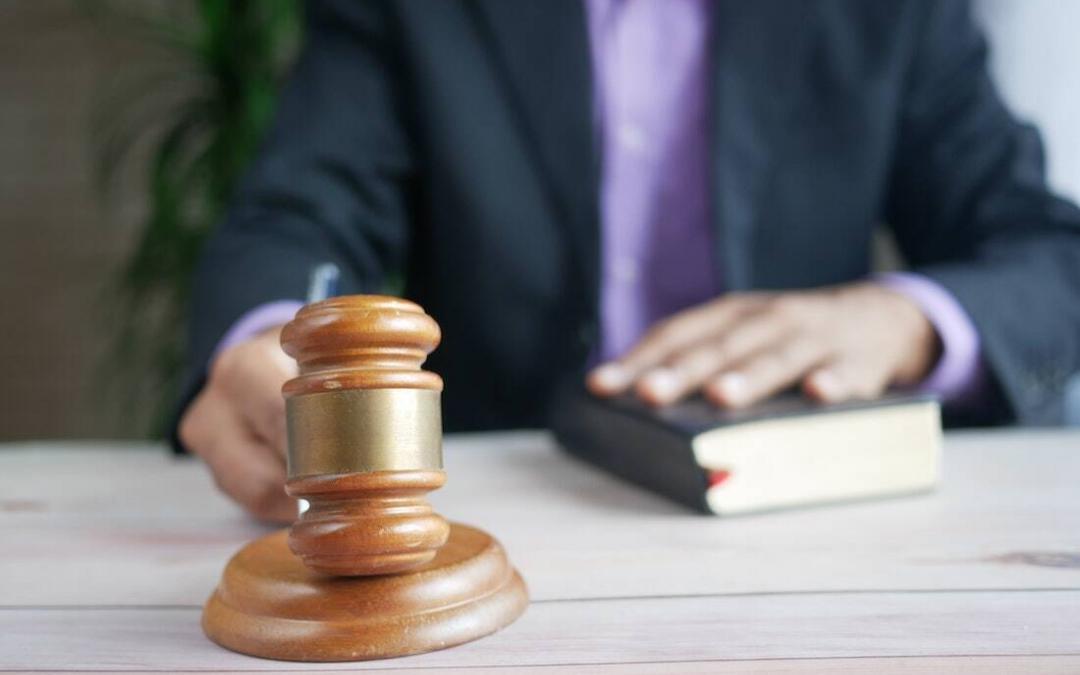If you have been charged with an assault offence, you should consult with a criminal defence lawyer on whether you may have legal defence to the charge, and what your prospects of success are.
Perhaps you disagree that an assault happened, or you may agree an assault occurred but that you did it in self-defence. Alternatively, you may believe that the police do not have enough evidence for you to be found guilty.
Depending on how serious the assault is, whether there were any injuries, and whether or not you have a criminal record, an assault can range in penalty from a fine to immediate imprisonment. This is why it’s important to see whether you can defend the assault charge.
In this article, we go through some of the most common defences for assault charges and the typical circumstances in which they may apply.
Types of legal defences for an assault charge
Identification
Sometimes the victim, witness or police officers can identify the wrong person, leading to a case of mistaken identity. If you were not even present at the place the assault is alleged to have taken place, you may also wish to put forward an alibi, who can confirm your whereabouts at that particular time. Other times, the description of you given by the victim to police may not match your description, or the CCTV footage may not be able to clearly show the perpetrator.
Consent
The person who was allegedly assaulted may have given you consent or permission to assault them. This consent must be freely given, and cannot be forced or fraudulently obtained. Any example of consent can include contact sports, where there may be actual or implied consent that you can touch, strike or otherwise apply force to that person. The assault must also be proportionate to the contact sport being played, and reasonable in the circumstances. For example, in AFL, you could expect that you would be tackled if you had the ball, but you would not expect to be tackled if the ball was at the other end of the field.
That the conduct alleged was not an assault
An assault can be a strike, touch, or application of force to another person. This assault can be direct or indirect, and is done without the person’s consent. If the conduct alleged does not constitute an assault, then this can be a legal defence.
Self-Defence
An assault can have a legal defence if it was a necessary act to defend yourself or another person from a harmful act. The assault must be a reasonable response in the circumstances. This means that the assault must be proportionate to the danger that you perceived. Therefore, you cannot use excessive force in the circumstances, as this will not provide a defence.
Self-defence is, in our experience, the most commonly used legal defence to an assault.
Provocation
Provocation can be a legal defence if you have been deprived of the power of self-control and act upon it on the sudden and before there is time for your passion to cool. The force used must also be proportionate to the provocation, and cannot be intended to cause death or grievous bodily harm. Therefore, provocation is not an available defence for a charge of grievous bodily harm, or any assault that results in death. Provocation will be an available defence for common assault and assault occasioning bodily harm, including where circumstances of aggravation are alleged.
Accident
A person is not criminally responsible for an assault that happens by accident. Accidental touching can occur in crowded public places such as on public transport or in a crowded shopping mall, where people can often brush past each other unintentionally, without a second thought. In these circumstances, where a strike, touch or application of force has occurred genuinely by accident, this will provide you with a legal defence to assault.
What can a criminal defence lawyer do to defend your assault charge?
If one of these legal defences has been identified by your criminal defence lawyer as being appropriate in your assault case, you can enter a plea of not guilty to your charge of assault.
Your matter will proceed to a trial, where your criminal defence lawyer will put forth your defence.
If the Magistrate is satisfied that you have a valid legal defence, then you will be found not guilty of the assault. In some circumstances your lawyer can ask the court for some or all of your legal fees back. Ask your lawyer if this applies in your case.
In some circumstances, it may be appropriate to put forward a submission to the prosecution to discontinue the charge on the basis that you have a valid legal defence. Ask your lawyer if this is an appropriate pathway for your case.
The legal defences that are available to you will depend on what type of assault you have been charged with. You should speak to your criminal defence lawyer to determine which legal defences may apply in your case, and your prospects of success.
Speak to an assault lawyer in Perth
Chambers Legal regularly advises on and represents clients in defending assault charges. To talk through your options and next best steps, get in touch with our friendly team today.

